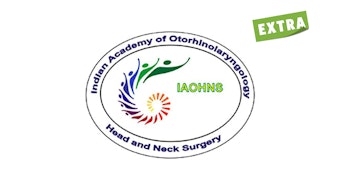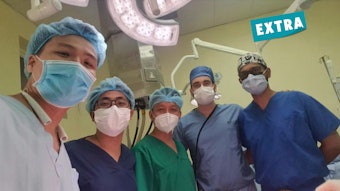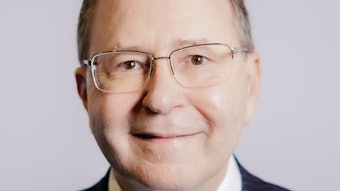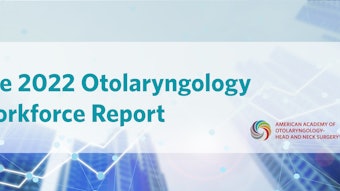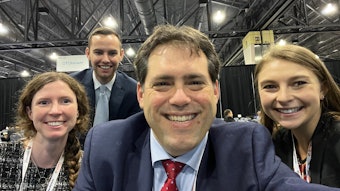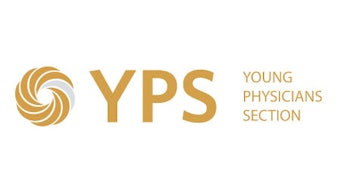Partnership
Physicians need to agree that the current funding mechanism for healthcare through CMS needs to fundamentally change.
 Kathleen L. Yaremchuk, MD, MSA
Kathleen L. Yaremchuk, MD, MSA
AAO-HNS/F President
Every year in November, physicians have rallied to improve physician reimbursement by contacting legislators to approve a one-time fix to the sustainable growth rate (SGR) or more recently the Medicare Access and CHIP Reauthorization Act (MACRA).
The American Medical Association has recently shown a bright light on the unsustainability of the current level of funding of Medicare reimbursement to physicians. The Medicare Economic Index (MEI) is based on physician practice costs (PPC) and physician compensation. PPC includes components for nonphysician compensation such as fringe benefits, medical supplies, professional liability insurance, and other expenses. Each is weighted, and price changes are estimated. Physician compensation reflects increases in general earnings and is currently based on the wages and benefits of professional occupations in the United States from the U.S. Bureau of Labor Statistics.
The role of the MEI in shaping Medicare physician payment has diminished dramatically, first under SGR and then under MACRA in 2015. Given those changes, it comes as no surprise that when adjusted for inflation, Medicare physician payment has effectively declined 26% from 2001 to 2023.
The Centers for Medicare & Medicaid Services (CMS) made major updates on January 1, 2021, to work relative value units (wRVU) resulting in outpatient E/M codes experiencing a substantial increase in wRVUs for the same work effort. The goal of CMS was to better recognize nonprocedural work effort. The changes were required to be budget neutral for several years, therefore the conversion factor CMS used to determine reimbursement was reduced. In simple terms, the wRVUs increased, but the value for each wRVU decreased.
A substantial shift in patient volume toward CMS will continue, led by growth in the over-65 population of 3% per year projected over the next five years and continued popularity of Medicare Advantage among seniors, as reflected in the latest CMS enrollment data.
Whether in academics, employed, or private practice and you have the perception you are working harder for less reimbursement, you are correct. It is frustrating, difficult to rationalize, and not many in the general population express sympathy for the situation we are in.
Pharmaceutical, medical device companies, and insurance companies have not experienced the same pressures in reimbursement and are on the other side of the equation and showing record profits. None of which would be possible without the physicians that utilize their products, complete prior authorization requirements, and lobby on behalf of the patients that benefit from their use.
Within our specialty we need to recognize that when a new procedure, medical device, or pharmaceutical agent is approved for use, it may well result in the decrease of the healthcare dollar available for professional services rendered.
As otolaryngologists we need to partner with one another and colleagues in other specialties to advocate for sustainable and meaningful change in how physicians are reimbursed for care they provide. We have often been our own worst enemies by arguing about academic versus private, procedural versus cognitive specialties, or rural versus urban settings. This “divide and conquer” algorithm allows control over one's subordinates or opponents by encouraging dissent between them, thereby preventing them from uniting in opposition.
It is time for all of us to behave as a true partnership and act accordingly. Physicians need to agree that the current funding mechanism for healthcare through CMS needs to fundamentally change. Without a partnership with all medical providers and our patients, the future will be more of the same and the talented workforce we currently have will disappear.
I appreciate you!


